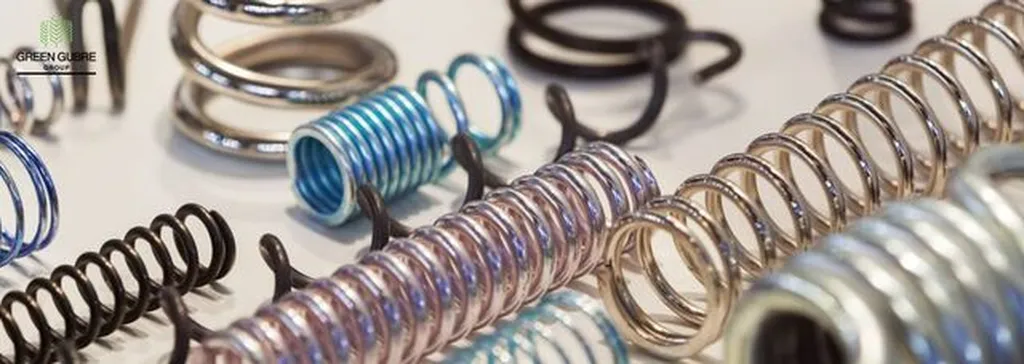In the world of automotive engineering, the quest for stronger, more resilient materials is a never-ending pursuit. A recent breakthrough in spring steel technology, detailed in the journal ‘Teshugang’ (which translates to ‘Iron and Steel’), is poised to make significant waves in the industry. The research, led by Zhang Yu, presents a novel approach to controlled rolling of super-fine grain spring steel 38SiMnVB, promising enhanced mechanical properties and potential commercial impacts for the energy sector.
The study focuses on the high strength-toughness spring steel 38SiMnVB, a material known for its robust performance in automotive applications. By employing controlled rolling techniques, the researchers achieved a pearlite + ferrite structure with a grain size smaller than No 10. This process, conducted at finishing rolling temperatures between 750 ℃ and 820 ℃ and a finished temperature of 700~720 ℃, followed by slow cooling, resulted in a material with impressive tensile strength and elongation properties.
“Our findings demonstrate that the controlled rolling process can significantly enhance the mechanical properties of 38SiMnVB steel,” said Zhang Yu. “The material exhibits a tensile strength of 925~1010 MPa and an elongation of 45%~58%, making it highly suitable for direct cold drawing applications.”
The real magic happens when the rolled steel is subjected to quenching at 870 ℃ and tempering at 320 ℃. The resulting super-fine grain spring steel boasts exceptional mechanical properties: a tensile strength of 2030~2140 MPa, yield strength of 1900~2010 MPa, elongation of 12%~15%, and a reduction of area of 48%~55%. These properties make it an ideal candidate for automotive springs, where durability and performance are paramount.
The commercial implications of this research are substantial. In the energy sector, particularly in automotive engineering, the demand for materials that can withstand high stress and strain is ever-growing. The enhanced properties of the super-fine grain spring steel 38SiMnVB could lead to more efficient and durable automotive components, reducing maintenance costs and improving vehicle performance.
“This research opens up new avenues for the application of spring steel in high-performance automotive components,” said a senior industry expert who wished to remain anonymous. “The potential for cost savings and performance improvements is immense.”
The study, published in ‘Teshugang’, represents a significant step forward in the field of materials science. As the automotive industry continues to evolve, the demand for advanced materials that can meet the challenges of modern engineering will only increase. The work of Zhang Yu and their team provides a promising solution, one that could shape the future of automotive design and manufacturing.
The implications of this research extend beyond the automotive sector. The energy industry, in general, stands to benefit from materials that offer superior strength and durability. As the world moves towards more efficient and sustainable energy solutions, the role of advanced materials in this transition cannot be overstated.
In conclusion, the research led by Zhang Yu offers a glimpse into the future of spring steel technology. With its enhanced mechanical properties and potential commercial applications, this breakthrough could well be a game-changer in the energy sector. As the industry continues to evolve, the demand for such innovative solutions will only grow, making this research a timely and significant contribution to the field.

